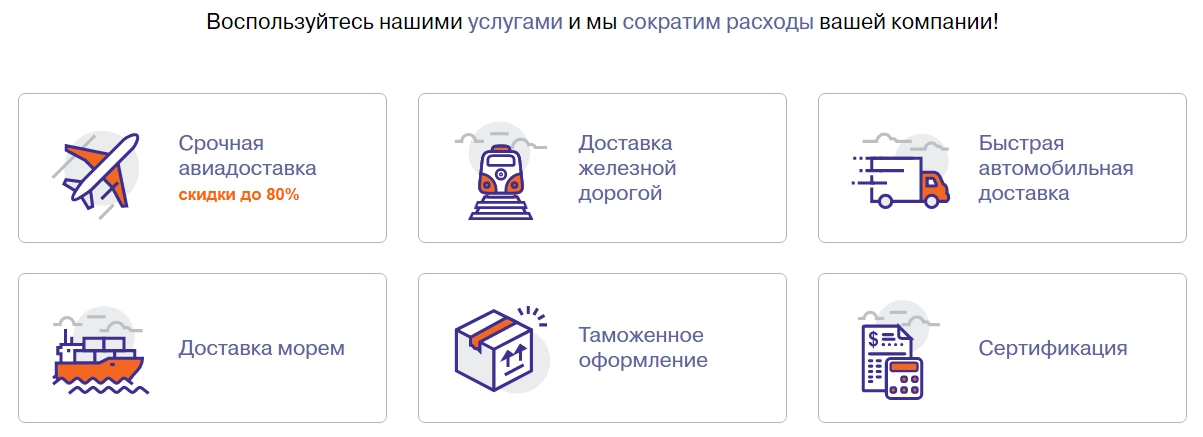How AI-driven Solutions are Reshaping Cargo Logistics
How AI-driven Solutions are Reshaping Cargo Logistics
Blog Article
The supply chain field, particularly shipment shipping, is witnessing a groundbreaking evolution, fueled by the unwavering evolution of AI-powered systems. As companies compete for optimization and speed in transportation methods, automation positions itself at the leading edge of this innovation, revolutionizing how merchandise are transported across the world. From self-driving trucks to advanced surveillance mechanisms, the momentum of this field is palpable, offering major upgrades in efficiency, dependability, and economic viability.
Revolutionizing Optimization with AI-powered Systems
At the heart of this technological surge lies the implementation of robotics in shipment delivery systems. Conventional techniques often struggled under the weight of inefficiency and operator mistakes. However, modern automated systems deliver advanced solutions that enhance workflows.
One noteworthy improvement is in the realm of aviation-based shipping, where automation facilitates in handling complex distribution operations that include flight planning and aviation traffic regulation. This not only speeds up the workflow but also bolsters safety by eliminating potential human errors.
Improved tracking capabilities are another advantage. Today’s innovation enables for real-time observation of shipments, which provides companies and end-users informed about the location of their goods round-the-clock. This transparency is crucial in building confidence and reliability in freight transport operations.
Minimizing Expenses and Streamlining Border Clearance
Machine-driven solutions extends into the complex processes of import-export processing, typically a bottleneck for freight movement due to its complex regulations and potential setbacks.
Advanced self-operating systems integrated with large-scale analytics tools can swiftly process massive datasets of documentation and ensure adherence with regulations faster than previously. This cutting down in time lowers on administrative costs significantly, demonstrating a immediate financial advantage that companies can utilize.
Optimizing Logistics with Big Data
Additionally, the adoption of Big Data restructures the method toward cargo handling and customs. By analyzing historical records and real-time market shifts, machine-driven frameworks anticipate bottlenecks and streamline operations to be more predictable and efficient.
Companies monitoring live analytics can formulate data-driven strategies that naturally minimize risks linked to border clearance delays.
Sustainability Impact
Self-operating solutions also enhance significantly to ecological responsibility in freight transport. More optimized and effective route planning minimizes excessive fuel consumption and lowers carbon.
Automated transport systems are progressively compatible with eco-friendly fuels and battery-powered energy, synchronizing freight transport operations with widespread green targets.
Enhancing End-User Loyalty
The AI-driven technology optimizes not just cargo handling productivity but also customer loyalty. The capacity to track shipments in as they happen, face fewer hold-ups, and benefit from reduced fees revolutionizes customer journey significantly.
Swift, open, and seamless delivery models are more likely to encourage customer retention and repeat orders, demonstrating that modern innovation is essential in contemporary freight delivery operations.
Moreover, as machines manage repetitive duties more efficiently, businesses can redirect human capital to sectors requiring strategic insight and strategy, consequently improving operational quality as a whole.
Facing Ahead: The Self-Operating Future
The groundbreaking impact of self-operating technology in freight delivery ensures an dynamic future for supply chain. As organizations continue to utilize these technologies, they boost their industry standing by offering quicker, risk-free, and more cost-effective transportation options.
Green advancements further extend the value of self-operating systems, synchronizing market practices with sustainable initiatives.
An Innovative Phase in Logistics Delivery
In summary, the integration of machine-powered technologies in freight logistics unleashes a myriad of opportunities focused on enhancing logistics not only quicker but also more secure and less costly.
The tactical use of data-driven insights in streamlining customs procedures further highlights the effectiveness of self-operating frameworks in redefining traditional logistics landscapes.
Automation: The Future of Logistics Shipping
Freight shipping is transitioning confidently into a progressive phase driven by self-operating systems—a reflection to society’s unwavering drive of progress.
With ongoing developments, the capacity to reshape international commerce patterns persists, marking an optimistic trajectory towards an integrated and streamlined future in cargo shipping.
For more information about tamozhennoe oformlenie you can check this popular resource.